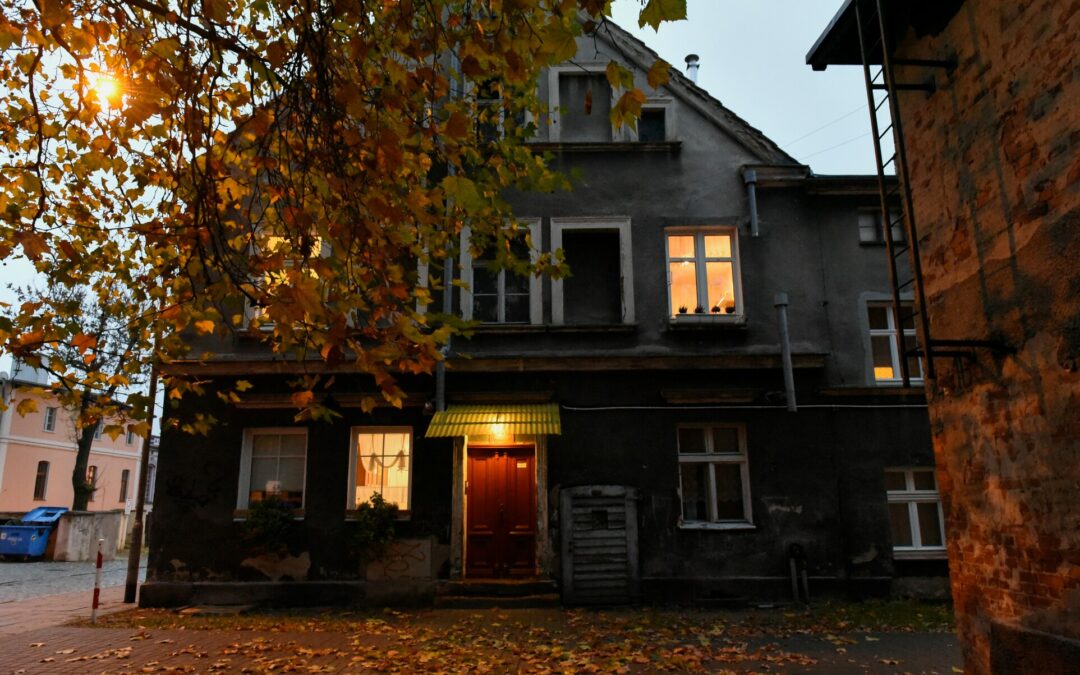Keep our news free from ads and paywalls by making a donation to support our work!

Notes from Poland is run by a small editorial team and is published by an independent, non-profit foundation that is funded through donations from our readers. We cannot do what we do without your support.
Poland’s government will continue to freeze electricity prices for households until the end of 2025, Prime Minister Donald Tusk announced on Tuesday, maintaining a measure first introduced in the wake of the energy crisis sparked by Russia’s invasion of Ukraine.
The freeze, which has kept prices capped at 500 zloty (€118) per megawatt hour (MWh), was implemented in 2023 by the previous Law and Justice (PiS) government. It has been maintained by Tusk’s administration, which replaced PiS in office in December 2023.
Without the freeze, households would face prices of 623 zlotys/MWh, based on the official tariff approved by the energy regulator. The government currently subsidises the difference between the capped price and the tariff rate.
Under current legislation, approved by Tusk’s government in November 2024, the cap is set to expire at the end of September 2025.
💬 Premier @DonaldTusk 👇
Podjęliśmy decyzję o zamrożeniu cen energii do końca roku. pic.twitter.com/EQnEPpqokc
— Kancelaria Premiera (@PremierRP) June 24, 2025
“The individual consumer of electricity can sleep peacefully. We froze prices until the end of September and decided that we could safely continue to do so until the end of the year,” Tusk said ahead of a cabinet meeting on Tuesday.
The prime minister added that the extension of the freeze, along with falling energy prices, could mean that “there will be no acute changes from a customer perspective next year either”.
Climate and environment minister Paulina Hennig-Kloska welcomed the extension, calling it an important measure for Polish households.
“I’m pleased, because this is a decision I strongly pushed for,” she said after Tuesday’s cabinet meeting. “Stability and predictability of prices for millions of families is a real help today.”
According to the XYZ news website, the government had planned for energy companies, which are largely state-owned, to bear the cost of maintaining the price freeze beyond September, but the plan collapsed.
“According to our information, the companies have clearly declared to the government that they are not able to lower the price from October to 500 zloty/MWh,” the outlet reported.
Energy firms say they have already secured electricity supplies for the second half of 2025, leaving limited scope to lower prices. Off the record, some representatives indicated that a reduction to 550–570 zlotys/MWh would be the lowest feasible without incurring losses, reported XYZ.
While electricity prices on the market have been falling, there is uncertainty among suppliers over whether they will drop far enough to allow prices below 500 zlotys/MWh in 2026, the news website said. The average price on the TGE power exchange was just over 400 zlotys/MWh in May.
Polacy nie będą płacić więcej za prąd. Rząd podjął decyzję o przedłużeniu zamrożenia cen energii elektrycznej.
Cieszę się, bo to decyzja, o którą intensywnie zabiegałam. Stabilność i przewidywalność cen dla milionów rodzin, to dziś realna pomoc. pic.twitter.com/5WIg22QCmS
— Paulina Hennig-Kloska (@hennigkloska) June 24, 2025

Notes from Poland is run by a small editorial team and published by an independent, non-profit foundation that is funded through donations from our readers. We cannot do what we do without your support.
Main image credit: Marta S./Unsplash

Alicja Ptak is deputy editor-in-chief of Notes from Poland and a multimedia journalist. She has written for Clean Energy Wire and The Times, and she hosts her own podcast, The Warsaw Wire, on Poland’s economy and energy sector. She previously worked for Reuters.



















